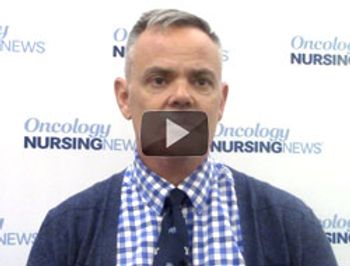
Mark Lazenby, PhD, APRN, FAPOS, associate professor, Yale School of Nursing, discusses tools to measure distress in a patient with cancer.

Mark Lazenby, PhD, APRN, FAPOS, associate professor, Yale School of Nursing, discusses tools to measure distress in a patient with cancer.
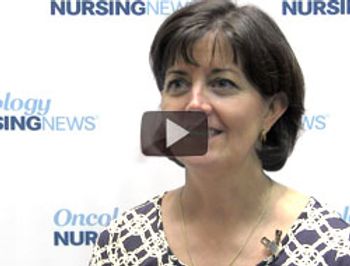
Marianne Davies, RN, MSN, ACNP, AOCN, Smilow Cancer Hospital, Yale School of Nursing, discusses the side effects associated with immunotherapy.

Decreasing hospital associated infection rates including Central Line–Associated Bloodstream Infections is an issue of ongoing focus nationwide.
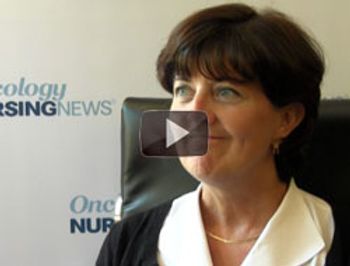
Marianne Davies, RN, MSN, ACNP, AOCN, Smilow Cancer Hospital, Yale School of Nursing, discusses the challenges of managing side effects from immunotherapy treatments.

Over the past several years, process improvements in the care of our oncology patients have been implemented that focus on the provision of safe and high quality clinical care and employee safety.
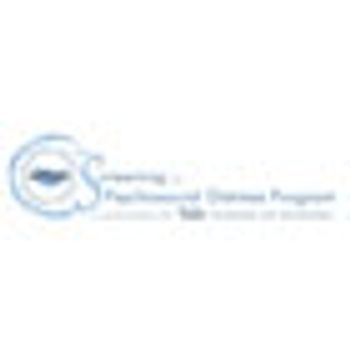
This NCI-funded educational program will train cancer care clinicians over two years to develop, implement, and maintain comprehensive psychosocial distress screening programs.

Anees B. Chagpar, MD, MSc, MA, MPH, associate professor of surgery (oncology), director, The Breast Center at Smilow Cancer Hospital at Yale-New Haven, program director, Interdisciplinary Breast Fellowship, assistant director, Diversity and Health Equity at Yale Cancer Center, discusses a study that looked at patient perceptions of the impact of genetic testing for breast cancer risk on health insurance.
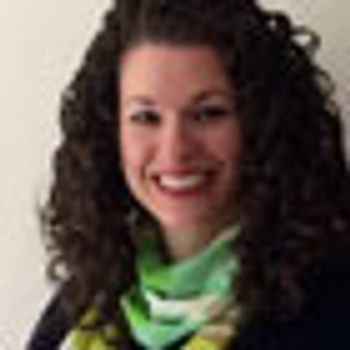
A group of researchers looking to better equip patients to be self-managers of their cancer have developed a new tool to help patients communicate their treatment goals more effectively.

Yale-New Haven Hospital (YNHH) currently credentials more than 400 advanced practice nurses (APNs) who practice in a wide range of roles and geographic locations. The number of practitioners more than doubled in the past 3 years, and now more than 50 APNs are practicing in oncology in Smilow Cancer Hospital at YNHH and at community care centers.

Marianne Davies, RN, MSN, ACNP, AOCN, Smilow Cancer Hospital, Yale School of Nursing, discusses the importance of chemotherapy safety.
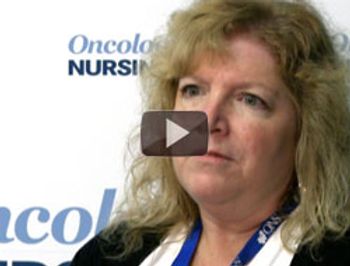
Vanna Dest, MSN, APRN-BC, AOCN, Oncology Nurse Practitioner/Manager, Oncology APP, Smilow Cancer Hospital, discusses the risk factors of prostate cancer.

The cardio-oncology program at Smilow Cancer Hospital at Yale-New Haven is a combined inpatient and outpatient consultative service that addresses the cardiovascular complications of cancer and its treatment.

In fall of 2009, Smilow Cancer Hospital at Yale-New Haven opened a new, state-of-theart, 15-story, clinical facility with the latest advances in diagnostic, therapeutic, and surveillance procedures.
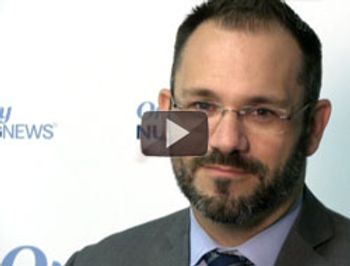
Matthew Burke, MBA, RN, MSN, APRN-BC, Oncology Nurse Practitioner/Melanoma and Renal Cell Carcinoma, Yale New Haven Hospital, discusses the difference between adverse events caused by chemotherapy and immunotherapy.
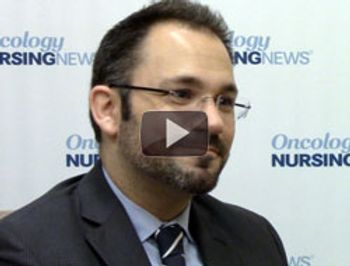
Matthew Burke, MBA, RN, MSN, APRN-BC, Oncology Nurse Practitioner/Melanoma and Renal Cell Carincoma, Yale-New Haven Hospital, discusses the prevalence of immunotherapy-related adverse events.

In 2010, Smilow Cancer Hospital (SCH) at Yale New Haven and Yale Cancer Center (YCC) transitioned from a multisite cancer care delivery system that was both university- and hospitalbased to a new, state-of-the-art, 14-story comprehensive cancer center building.

Consolidation of community oncology practices with hospital-based cancer centers is an accelerating trend that will affect future healthcare delivery models. This year, the Community Oncology Alliance reported hospital acquisitions and corporate mergers among 55% of 1338 community oncology practices surveyed, representing a 20% increase over the previous year's results.
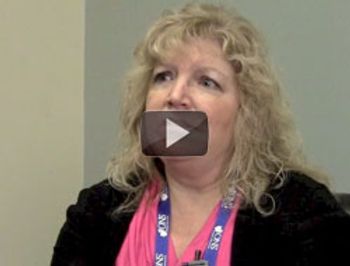
Vanna Dest, MSN, APRN-BC, AOCN, from the Yale-New Haven Hospital, discusses cardiac toxicity in patients receiving radiation therapy.

Improving communication, building relationships, coordinating activities among units, and engaging staff members are not only ways to create a more positive working environment, they are critical for maintaining patient safety.
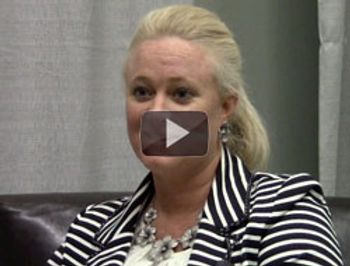
Monica Fradkin, RN, BSN, MPH, OCN, Oncology Nursing Education Coordinator, Yale School of Nursing, Smilow Cancer Hospital at Yale-New Haven, discusses the administration of chemotherapy or biotherapy outside of the oncology setting.
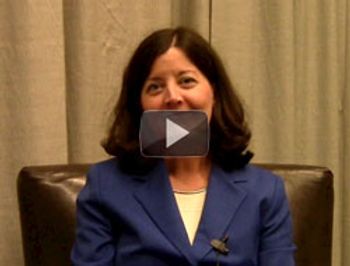
Marianne Davies, RN, MSN, ACNP, AOCN, Smilow Cancer Hospital, Yale School of Nursing, discusses the benefits of the nursing research and evidence-based practice council at Yale-New Haven Hospital.

Due to the high lifetime risk of ovarian cancer and the poor ovarian cancer surveillance options available, women who carry BRCA1 or BRCA2 mutations are advised to remove their ovaries and fallopian tubes by age 40 or when childbearing is complete.

Three oncology nurses at the Smilow Cancer Hospital at Yale-New Haven write about the Smilow Society, an interactive and innovative journal club enabling nurses to stay abreast of important research developments, which can then be translated directly into clinical practice.
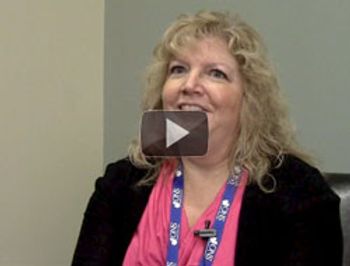
Vanna Dest, MSN, APRN-BC, AOCN, Oncology Nurse Practitioner/Manager, Oncology APP, Yale-New Haven Hospital, discusses the side effects of treatment with brain radiation.
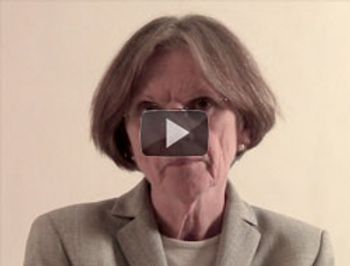
M. Tish Knobf, PhD, RN, FAAN, AOCN, from the Yale University School of Nursing, discusses communication barriers that nurses face when providing cancer patients with information regarding treatment and side effects.
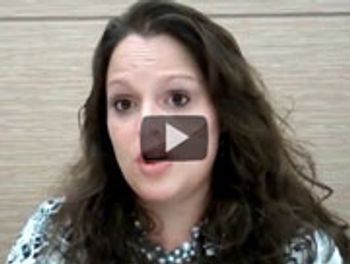
Oncology Nurse Elizabeth Blasiak on the Results of the Hourly Rounding Program
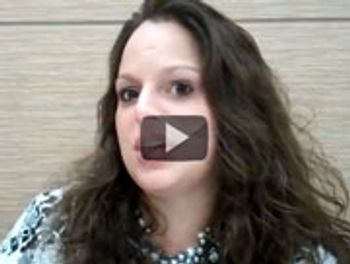
Elizabeth Blasiak Describes Hourly Rounding